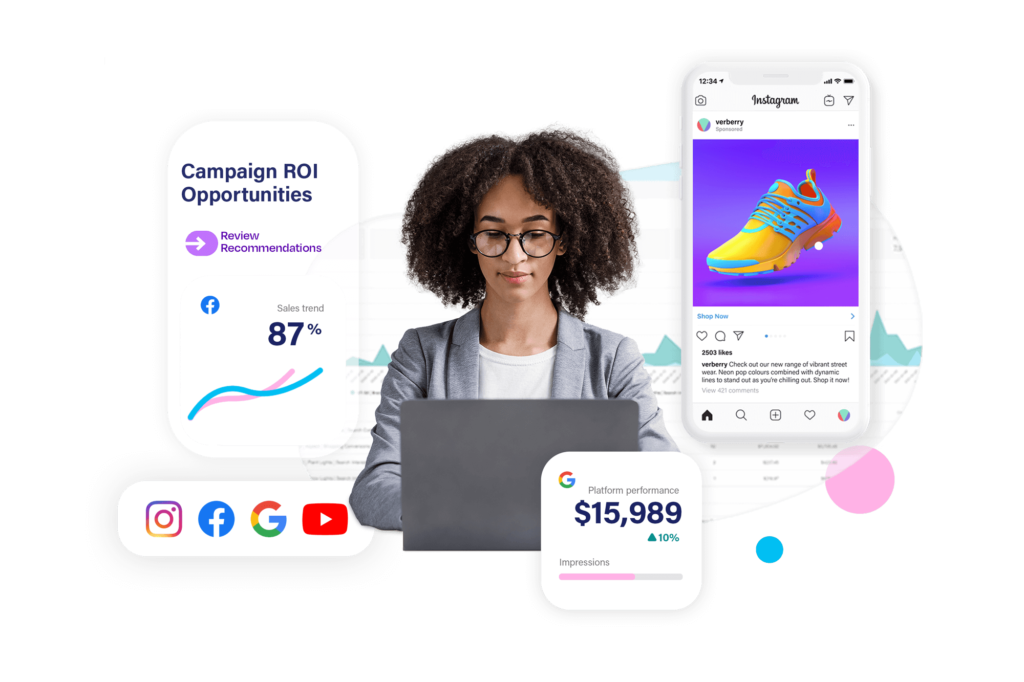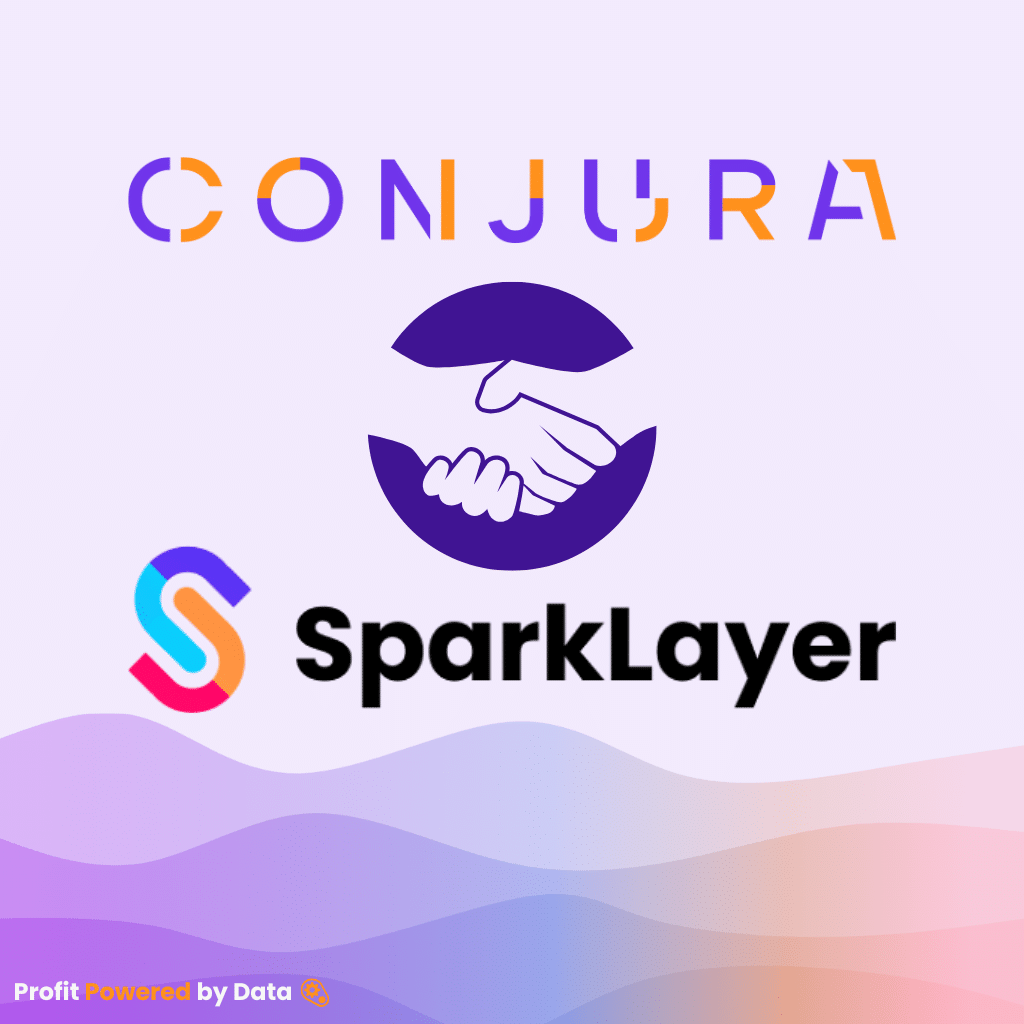If you were anything like me when I first started poking around Facebook’s Audience Builder, you might have been surprised by the granular detail you could choose when targeting people for your ads. Well, that’s about to change in January 2022.
In a hurry? We here at Optily are all about getting to the point, fast. Here’s our 30-second rundown of the important info:
What? Facebook is putting limitations on Detailed Targeting to avoid certain sensitive topics like health, sexual orientation, politics, and religion.
Why? They’re responding to concerns that this type of audience building can be used in negative ways to target underrepresented groups.
Will this affect me? If your ads rely on these types of niche groups, then yes. You’ll need to use other, targeting methods to reach a relevant audience.
If that’s all you needed to know, then you’re all set for the changes to come in the new year. If you want a little more substance, keep reading and make sure to join our mailing list to keep up-to-date on the newest in digital marketing strategies and news.
Join the Optily newsletter!
Stay up-to-date on platform changes, digital marketing tactics, and industry news. We promise we won’t spam!
What exactly is Facebook changing in their audience targeting?
Last month, Facebook, recently renamed to Meta, announced that they’re going to be limiting the Detailed Targeting options that relate to sensitive topics, including:
- Health causes
- Sexual orientation
- Religious practices or groups
- Political beliefs, social issues and causes, or political figures
In their announcement, Facebook gave a few examples of what would no longer be available for targeting. These included examples such as, “LGBT culture,” “Lung cancer awareness,” and “Catholic Church.”
This change is coming into effect on January 19th, so advertisers have some time following the busy holiday season to prepare. Facebook suggests leveraging other powerful targeting options like Engagement Customer Audiences or Lookalike Audiences to keep your ads directed at relevant users. These are all options in addition to the standard broad targeting that will remain available to advertisers.
Why is Facebook making this change now?
The platform has been under fire for years about its detailed targeting and its role in the spread of misinformation. In response to critics, they are constantly reviewing and updating their targeting options in order to minimize the potential for abuse on the platform.


Facebook is giving users more control over the content they see in their feeds. People now have the option to see fewer ads about topics like alcohol, parenting, or pets. Next year, the social media giant plans to expand these topics to include more types of content relating to sensitive topics like weight loss or gambling.
Worried about your ad performance?
If you think your ad performance might be impacted by Facebook’s ongoing changes, why not try a new software solution? Optily takes a holistic view of all your ads across Facebook, Google, Instagram, and YouTube and reallocates budget to the best performing campaigns. You’re always spending in the right place at the right time at each stage of your sales journey.
Try it free for 14-days and watch your return on ad spend grow!










